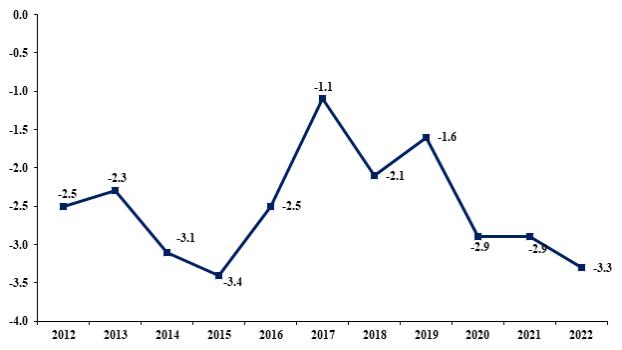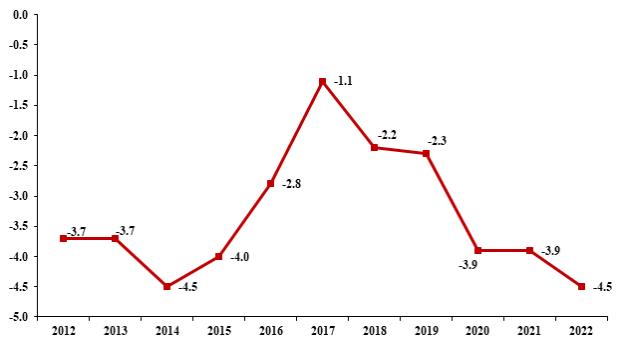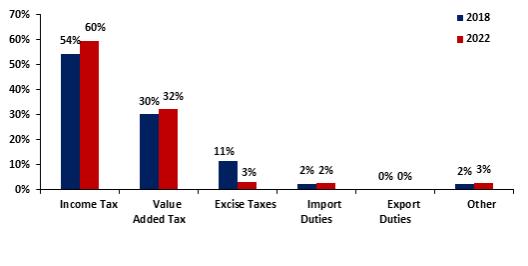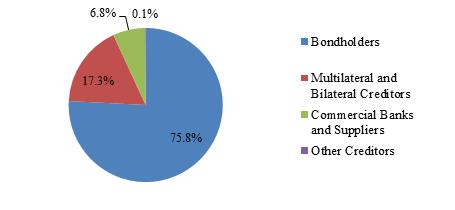On March 8, 2018, the Minister of Economy signed the Tratado Integral y Progresista de Asociación Transpacífico (Comprehensive and Progressive Agreement for Trans-Pacific Partnership, or CPTPP) on behalf of Mexico, together with the trade ministers of Australia, Brunei, Canada, Chile, Japan, Malaysia, New Zealand, Peru, Singapore and Vietnam. The Senate ratified the CPTPP on April 24, 2018 and the agreement is currently in force for Mexico, Australia, Canada, Japan, New Zealand, Singapore (as of December 30, 2018), Vietnam (as of January 14, 2019), Peru (as of September 19, 2021) and Malaysia (as of November 29, 2022); for the remaining signatories, the CPTPP will take effect 60 days after their ratification. On June 2, 2021, the ministers and senior officials of the eleven member countries of the CPTPP established a working group for the accession of the United Kingdom to the trade agreement, and China and Taiwan formally requested their accession to the CPTPP on September 16 and 22, 2021, respectively. On November 30, 2022, Uruguay formally requested its accession to the CPTPP.
Regional
At the regional level, Mexico is a member of the USMCA, which replaced the North American Free Trade Agreement (NAFTA) in 2018. The USMCA, signed by the presidents of Mexico, the United States and Canada on November 30, 2018, is meant to modernize the free trade relationship between the three countries by supporting mutually beneficial trade leading to freer, fairer markets and robust economic growth in the region. On June 19, 2019, the Mexican Senate ratified the USMCA.
The United States announced on May 17, 2019 an agreement with Canada and Mexico to remove the tariffs for steel and aluminum imports from Canada and Mexico that it had previously imposed on June 1, 2018 and to remove all retaliatory tariffs imposed on U.S. goods by Canada and Mexico. The agreement provides for aggressive monitoring and a mechanism to prevent surges in imports into the United States of steel and aluminum. If surges in imports of specific steel and aluminum products occur, the United States may re-impose tariffs on those products. Any retaliation by Canada and Mexico would then be limited to steel and aluminum products.
Representatives of Mexico, the United States and Canada signed the Protocolo Modificatorio del Tratado entre México, Estados Unidos y Canadá (Protocol Modifying the Treaty between Mexico, the United States and Canada, or the Modifying Protocol) on December 10, 2019. The Modifying Protocol includes changes to provisions in the USMCA related to labor, the environment and dispute resolution. The USMCA, as modified by the Modifying Protocol, has now been ratified by Mexico.
The USMCA became effective on July 1, 2020 and the Government published and amended several laws to carry out its commitments under the USMCA. The new laws are: Ley Federal de Protección a la Propiedad Industrial (Federal Law for the Protection of Industrial Property), Ley de Infraestructura de la Calidad (Quality Infrastructure Law), y Ley de los Impuestos Generales de Importación y de Exportación (General Tax on Imports and Exports Law). The amended laws are: Federal Criminal Code, Ley Federal del Derecho de Autor (Federal Copyright Law), y Ley Aduanera (Customs Law).
On August 20, 2021, Mexico submitted dispute settlement consultations with the United States in relation to the United States’ interpretation of regional value content requirements for passenger vehicles and light trucks. Mexico argued that because the USMCA allows for several methods to calculate the regional value content of those vehicles, the U.S.’s interpretation of the requirements was inconsistent with its commitments under the USMCA. On January 6, 2022, Mexico requested that a panel be established to resolve the matter, and Canada requested to join as a co-complainant on January 13, 2022. For more information on the dispute regarding regional value content requirements under the USMCA, see “Recent Developments—Foreign Trade and Balance of Payments—Foreign Trade—Foreign Trade Relations and Agreements.”
On July 20, 2022, the United States and Canada each requested dispute settlement consultations with Mexico in relation to Mexico’s energy policies, claiming that certain actions taken by Mexico were inconsistent with its commitments under the USMCA. On December 12, 2022, Mexico presented a working plan aimed at amicably resolving the dispute settlement consultations requested. Under the working plan, Mexico proposed creating a technical working team to answer the third round of questions in connection with the consultations, as well as working groups to address the legal status of Mexico’s Electric Power Industry Law and the reform to such law published in the Official Gazette on March 9, 2021, protections of companies, the transition to ultra-low sulfur diesel, and the status of pipelines established in the north of Mexico.
D-87



